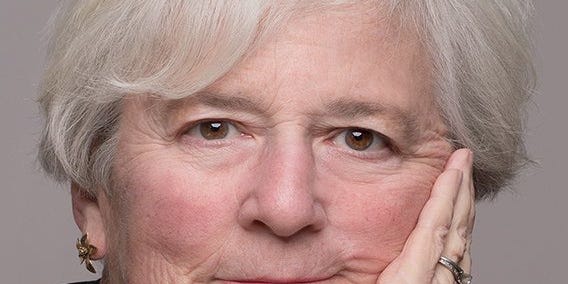CONCORD — The End of Life Options Act, aimed at granting terminally ill individuals in New Hampshire the choice to receive [medical aid in dying], achieved its initial success in the House Judiciary Committee on Wednesday. Both Republicans and Democrats united in support of the bill, propelling it to the full House of Representatives for consideration, with a 13-7 recommendation for passage.
An amendment to the legislation was also approved by a vote of 14-6. This amendment excluded physician assistants from involvement in the medical aid in dying process and delineated the role of pharmacists to solely dispensing and delivering the prescription, without prescribing the medication or assessing a patient’s eligibility.
During her presentation of the bill and its amendment, bill sponsor Rep. Marjorie Smith, D-Durham, emphasized the inevitability of death for all individuals. She stated, “The one thing every one of us experiences is death. Not one of us will be able to escape death, unless you know something I don’t know and please do tell me. What we are looking at here is how to ensure that the citizens of New Hampshire, albeit a minority, have the option to make one more choice regarding the conclusion of their lives.”
Addressing concerns raised by opponents who fear that medical aid in dying could endanger disabled individuals, Smith shared a letter from the Oregon Disability Council, which reflected support for the option from the disability community in Oregon.
“I want it to be peaceful”:
Several representatives expressed their reservations about the bill. Rep. Joe Alexander, R-Goffstown, questioned how one could ascertain whether the drug was self-administered or coerced. Rep. Jeffrey Greeson, R-Wentworth, cautioned that the bill might pave the way for what he described as “post-birth abortion, for lack of a better term,” particularly for challenging children.
Rep. Walter Stapleton, R-Claremont, also voiced concerns that the scope of the bill could potentially broaden.
Stapleton remarked, “If it’s six months maybe it goes to seven, maybe terminal illness expands into other areas of infirmity or weakness or depression or dementia or Alzheimer’s or any number of things. Under moral and faith beliefs, this is tampering with God’s providence in the protection of life and the sanctity of life, disregarding the hope offered by hospice and palliative care.”
NH End of Life Act opponents:
In response to these remarks, Rep. Cam Kenney, D-Durham, asserted that such comments were unfounded.
Kenney stated, “It’s a bill of compassion, not cruelty, and it offers a dignified way out.”
“It represents a step in the right direction,” added Rep. Timothy Horrigan, D-Durham. “It does not push us over a precipice, and even if there is a perceived slippery slope, we are not obligated to descend that path.”
While similar bills have been presented to the legislature in previous years, this marks the first occasion where a House committee has endorsed the measure. The date for the House of Representatives vote on the bill is yet to be determined.
